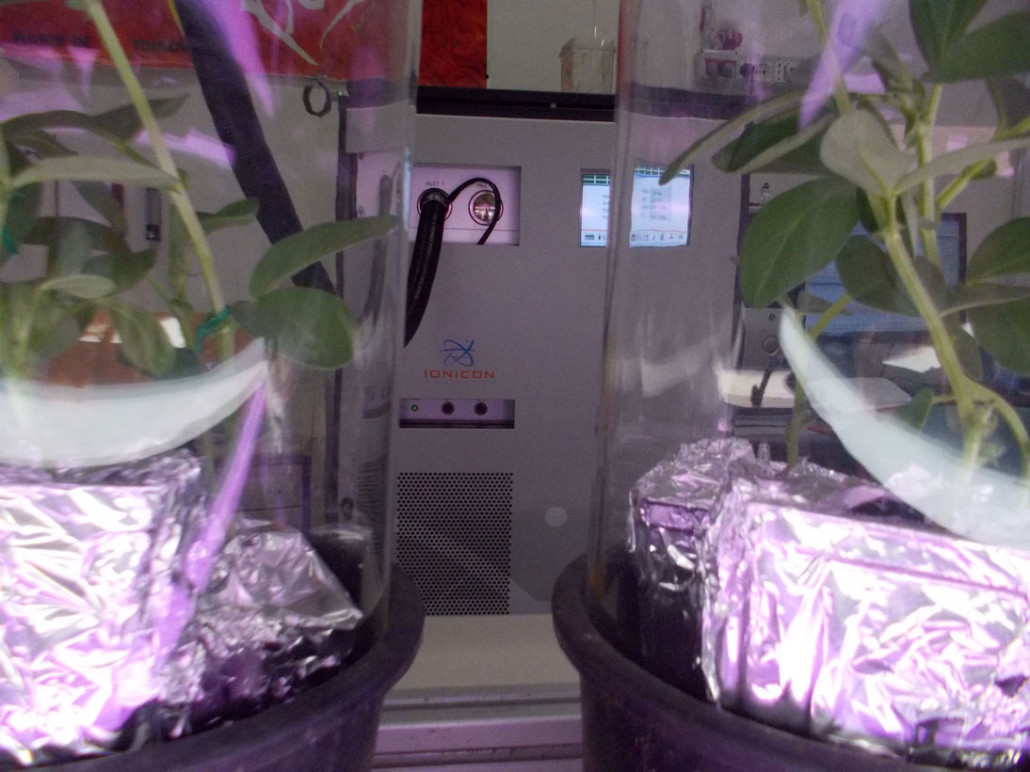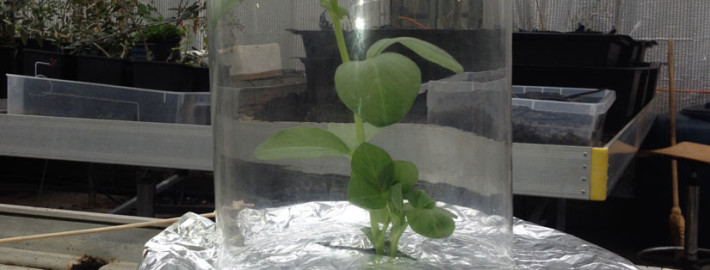Plants as biofilters
Indoor air quality (IAQ) has become a serious concern as buildings have been increasingly sealed in an effort to reduce energy consumption.
This reduced ventilation leads to an increase of volatile organic compounds (VOCs) in the indoor spaces; but some of them may be toxic and can have an effect on human health.
Volatile compounds may be produced by many sources, both natural and artificial (building materials, detergents, combustion, tobacco, electronics, human activities, paints, adhesives, deodorants, cosmetics, etc.) and although they are generally found at low concentrations, their mix can produce synergic and additive effects on our health (World Health Organization, 2000).
The positive influence of plants on the indoor air quality of buildings was stated, for the first time, by Joseph Priestley (1771), who profoundly influenced the modern studies on atmosphere constituents and interactions with living organisms.
Living plants and their associated microcosms (soil and microbiome) have the potential to improve IAQ and at LINV we are studying these mechanisms.











